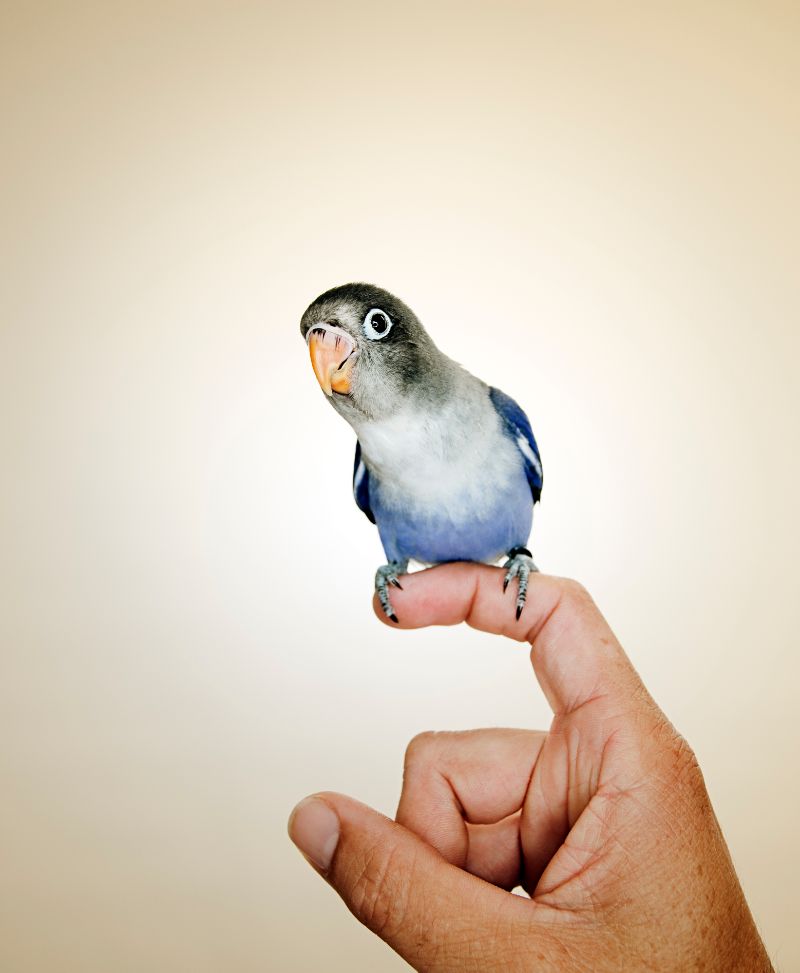
What better way to keep our feathered friends safe than keeping them inside our secure, climate-controlled houses? Bird lovers can sometimes forget that there are dangers for our avian friends indoors, too.
Keeping our pets safe and healthy requires research, effort, and a little forethought. Shiloh Veterinary Hospital reminds you that we are here to help you do this and wants to bring your attention to those household bird toxins that you may not have thought about before.
It’s in the Air
Birds have exquisitely sensitive respiratory tracts. If you keep birds in your home, you need to consider what airborne dangers you may be exposing your pets to. Of particular concern:
- Teflon-coated pans (best to keep these out of your home altogether)
- Fumes from the clothes iron (often coated with Teflon)
- Cigarette smoke
- Oven cleaner
- Scented candles or air-fresheners
- Aerosol cleaner or other sprays
Things that are only mildly irritating or even go unnoticed by our respiratory tracts can be devastating to the avian species.
Be sure to remove your birds from your home if using any of the above items. If you choose to use non-stick cookware be sure not to overheat it, and don’t leave the kitchen while cooking.
Gases like carbon monoxide and radon are not good for us, but they affect birds even more. Consider having detectors for these toxic gases in your home.
Other Household Bird Toxins to Consider
There are other potential bird toxins in our homes to think about as well:
- Be sure to keep medications stowed safely in closed cabinets or closets in childproof containers. Pills can be attractive to birds and many of them are unsafe. Preventing exposure is crucial as there is often little to be done if a pet bird takes human medication.
- If you have beverages out, keep them covered. Any caffeine-containing drink, including tea, can be very dangerous to a thirsty bird. Alcohol ingestion is also toxic. Invest in a covered insulated tumbler to keep your drinks safe from your pets.
- Many other human foods are dangerous for birds as well. Things like avocado, garlic, onion, chocolate fruit pits or seeds, and any food containing a lot of salt, and xylitol are of concern.
- When bringing plants into your home, you should also be sure that they are bird-friendly. Some common species including lilies, poinsettia, daffodils, ivy, mistletoe, and honeysuckle are toxic to birds if ingested.
Our staff at Shiloh Veterinary Hospital loves all birds, and we want to help keep them safe. Be sure to not let your guard down even in your own home – some everyday things that we take for granted are actually dangerous bird toxins! Because of their fast metabolisms, it is even more vital that you act quickly.
Please call us right away if you suspect that your bird may have been exposed to something toxic.
